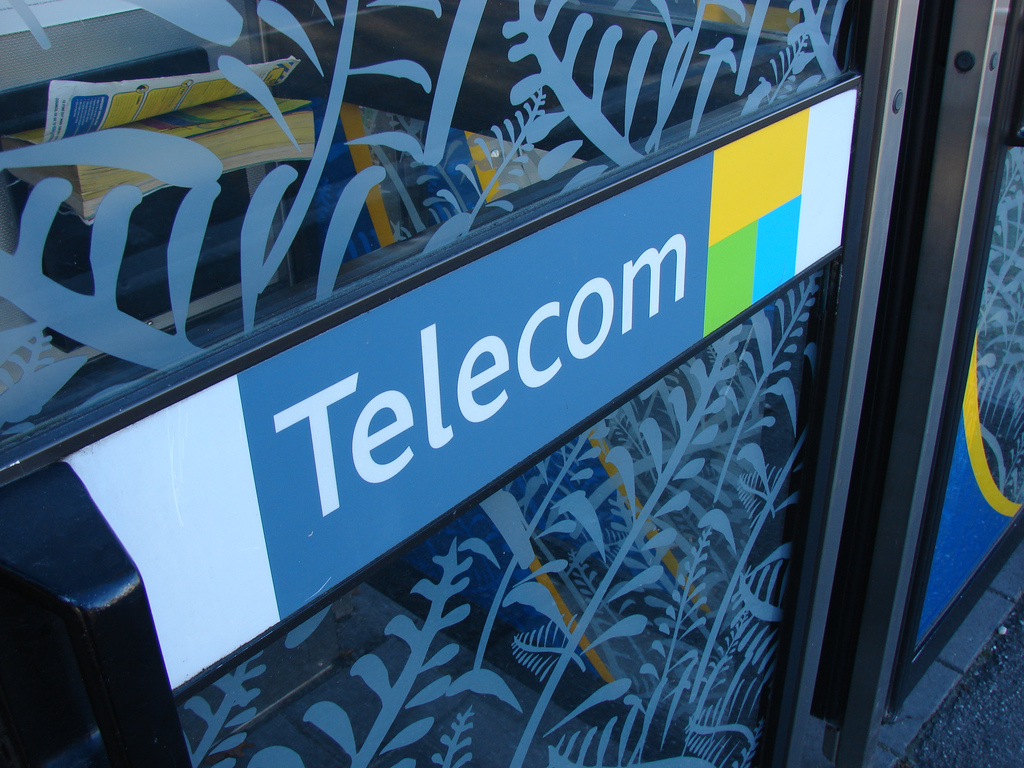Christopher Parsons makes a compelling case for the CRTC conducting regular audits of Canadian ISPs to test for a range of issues including uptime, throttling, actual speeds, and congestion.

Telecom by yum9me (CC BY-NC-ND 2.0) https://flic.kr/p/53jSy4
Telecom
What Does a Gigabyte Cost, Revisited
Unfortunately, there is little reliable information on actual costs with ISPs typically claiming that such information is a trade secret that should be kept confidential. My report noted that there are two elements to the actual costs. One is the Internet-facing data costs, which arise once a user’s traffic travels onto the public Internet. This cost is very low, estimated in the report at about one cent per GB and falling. This is consistent with public transit arrangement pricing and is likely even cheaper for large ISPs that use peering arrangements to cover off most actual costs.
The more difficult calculation involves the internal ISP network leading to the public Internet. As CRTC Commissioner Candice Molnar noted during the usage based billing hearing, “we all, I think, can hopefully agree that there is no marginal cost to using the network when you are not causing augmentation.” While there are no marginal costs, there is a capital cost of building the network and ongoing maintenance and augmentation costs when congestion arises due to traffic growth. My report used Bell’s data in the deferral account case (one of the only ones to put information on the public record) to estimate that seven cents per gigabyte (for a total of eight cents) was a best guess among a range of possibilities.
CRTC Issues Warning to Rogers: Address Throttling Concern or Face Public Hearing
The CRTC has issued a warning to Rogers in the ongoing dispute over its alleged throttling of World of Warcraft. The Commission says it is not persuaded the issue has been completely resolved and gives the company until July 25th to address ongoing concerns. It says failure to do so […]
EU To Target Data Roaming Fees
The European Union has announced plans to tackle data roaming fees by establishing a cap of the costs per MB charged to consumers. An OECD study recently found that Canadians face some of the highest roaming fees in the developed world.






